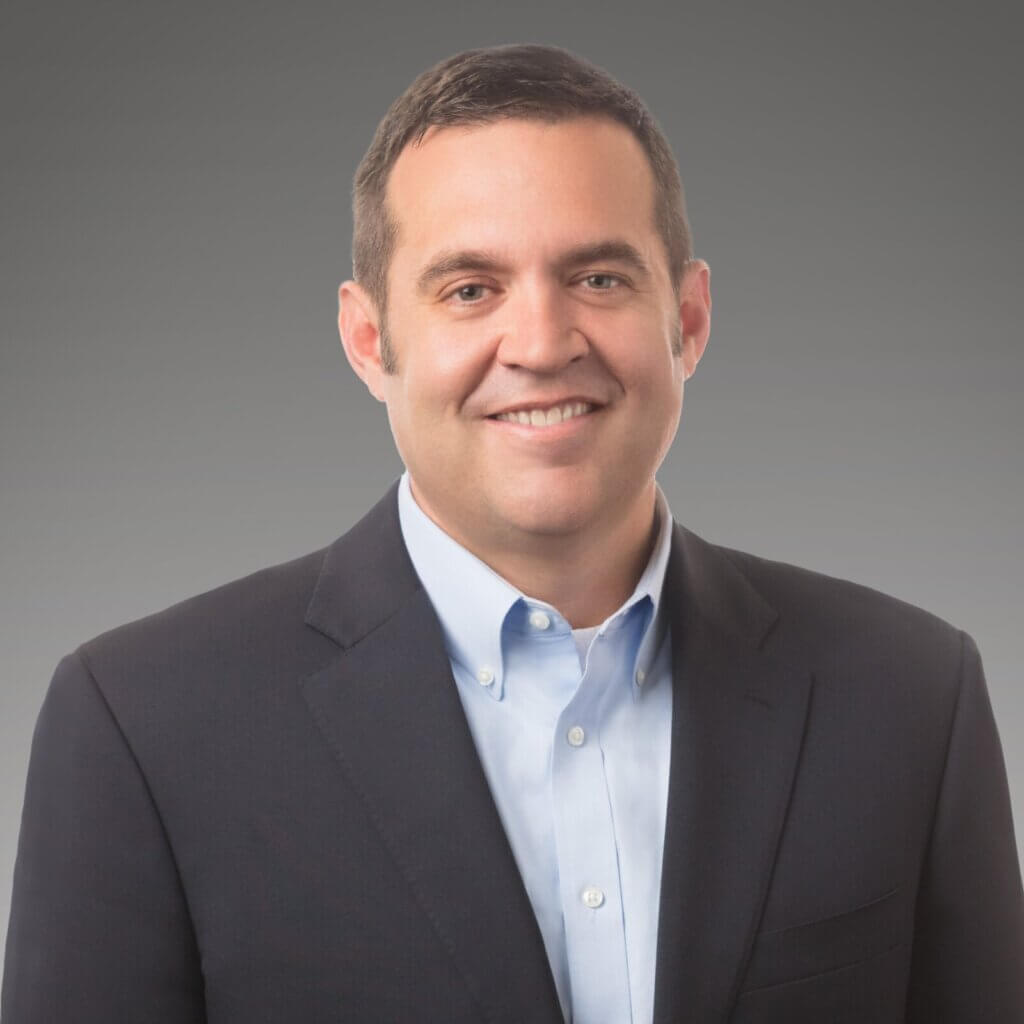Analysis
Migrating your fund? What to consider when changing your Fund Administrator
A comprehensive guide to navigating the challenges and opportunities of changing your Fund Administrator.

Switching a fund administrator is not a decision to be taken lightly, but as private markets managers look to broaden its investor base, expand into new geographies, leverage technology, and manage increasing regulation, changing a fund administrator can be a necessary step to support a firm’s ongoing development and evolution.
Over the years Alter Domus has helped hundreds of managers, operating across all private markets asset classes, to migrate their funds to its platform and has deep expertise in the steps required to avoid transition pain points and ensure that the migration process is seamless and value additive for clients.
Strategic Considerations for Fund Administration
Switching to a fund administrator is not a decision that managers should take lightly. Given the significant role of back-office operations such as financial and investor reporting, compliance and regulatory needs, tax and audit support, among many others, finding the proper administrator to strategically walk through every step of a transition to go-live operations are critical.
Ultimately, the decision for a fund administrator can be one that accelerates optimal back-office operations or can be a hurdle to achieving such success; thus, it is important to get the decision right. Lastly, building a strong relationship with a fund administrator and collectively working together can support significant growth and long-term success for decades.
When making the decision for a fund administrator, it is important to balance the short-term with the long-term outlook for a manager, with fund growth being a key driver. This is highlighted in the last decade as private markets assets under management have almost tripled to US$14.5 trillion, according to Bain & Co figures.
During this ten-year growth surge the private markets investor base has expanded and become more international; co-investment and special accounts have become more prevalent; non-institutional capital has entered the funding mix; regulatory and investors reporting obligations have intensified; and firms have expanded their platforms to include myriad new investment strategies, including private credit, real assets, secondaries and minority stakes.
As managers adjust to this brave new world, and seek to take advantage of the opportunities it offers, there are inevitably key milestone moments where firms have to reappraise their operating models and make changes to ensure that they have firm foundations in place to support long-term growth ambitions.
When to make the change: the key trigger points
Changing a fund administrator is often a key step along a manager’s evolution. As a platform grows, key trigger points will emerge to commence with migration to a new administrator:
- Demand for more support
In its 2024 Service Providers & Advisors Report, Preqin found that almost a third (32%) require better and more comprehensive back-office and reporting support as they grow AUM. When managers reach a certain size, the scalability of back-office infrastructure becomes crucial, and will often prompt managers to switch administrators. - Cost considerations
According to Preqin’s research, more than a quarter of managers (29%) cited competitive pricing and transparent fee structures as playing a significant role in the decision to change service providers.
The ability to evidence value for money to investors, and to be able to benchmark fund administration costs in order to prove this, have become especially important during the last 24 months, when liquidity has been tight, and it has been important to show that fund resources are been deployed effectively. - Investor demand
As investor allocations to private markets strategies have grown, investors have demanded more regular and detailed reporting from managers, as well as assurance that managers are meeting the highest compliance standards. Higher expectations from investors have pushed managers to switch to better-equipped administrators, that have the scale, specialist regulatory expertise, and geographical reach to stay on top of reporting and regulatory change. - Technological capability
The basic, proprietary technology systems that managers and some fund administrators may have relied on for years are struggling to meet the needs, and managers are recognizing the value of installing best-of-breed alternative assets software suites to support growth and give investors comfort.
The fund administrator has evolved into not only an outsourcing partner, but a key counsel on the selection, installation and operation of industry-leading software into private markets firms. It comes as no surprise, then, that the Preqin research found that for just under a fifth of managers (18%) technological factors, such as upgrading technology stacks, automation and real-time data access, were a major reason for administrator change.
The need to consolidate fund administrator relationship, access better, more joined-up service, build in scalability, stay up to date on compliance, and improve access to technology will be key trigger points for migrating to new administrator.
Choosing a new administrator: the key questions
When it is clear that the time has come to switch fund administrators, it is essential for managers to assess their current situation and ask key questions that will guide them toward the right choice. What are the gaps in back-office operations today? Does the current administrator have the scale, asset class expertise, geographical reach and technology to support future growth? Are compliance and reporting needs being met efficiently?
Once these key questions have been addressed, managers can proceed to the next stage in the process – identifying the ideal fund administrator for their funds.
Here are eight points for managers to add to their selection checklists:
- Expertise, Geographical Reach and Specialization
A fund administrator’s track record and specific asset class expertise should align with the manager’s investment strategy or strategies. Deep knowledge of private equity, real assets and private credit are key attributes for fund administrators supporting managers active in these markets.
Managers will be turning to their fund administrators to ensure that investor communications, fund structures and regulatory compliance for their respective investment strategies meet the highest standards across all their jurisdictions. - Technology and Reporting Systems
Managers who operate proprietary, inhouse technology, or work with fund administrators that operate legacy systems, can unlock significant improvements in fund reporting, transparency and automation by partnering with an administrator that has developed deep expertise in asset specific, best-in-breed private markets software.
A good administrator is well versed in the market-leading private markets software platforms (including Allvue, eFront, Private Capital Suite (formerly Investran) and Yardi) and will be able to advise clients on the most appropriate software systems for their organizations and investment strategies and ultimately to provide the necessary scaling effect overtime with automation, workflow application, or AI initiatives.
Workflow tools and automation infrastructure are becoming key differentiators for administrators, with research showing they are influential to 75% of General Partners when selecting fund administration partners.
Administrators utilizing advanced automation and digital workflows have demonstrated reductions in operational inefficiencies, such as a 600% decrease in audit/risk-related issues and a 20% reduction in email volume. These tools also enhance client transparency and trust, saving significant time through streamlined processes and secure, real-time updates. - Regulatory Compliance
The fund administrator plays a critical role in supporting a manager’s compliance efforts by providing data, reporting, and expertise to help them navigate regulatory frameworks across various jurisdictions by keeping them informed on regulatory developments, and ensure accurate and timely regulatory filings.
An administrator with the bandwidth and expertise to stay informed on evolving regulations across multiple private market asset classes and jurisdictions can significantly reduce the regulatory compliance burden on the manager. This support provides clients with confidence that the firm is effectively managing compliance with today’s dynamic regulatory environments. - Long-term Value
A fund administrator of size, with a large geographic footprint, can leverage economies of scale that most private equity firms would find difficult to replicate without heavy upfront and ongoing capital expenditure on staff and technology.
Administrators with scale can bring down operating costs significantly, without compromising quality, as they have a critical mass of clients that enables them to reduce costs and deliver value of money for fund manager clients. - Service Quality and Communication
As investor demands of fund manager back-office teams increase, with managers expected to produce more frequent, detailed and bespoke reporting, the ability of a fund administrator to deliver communicative, responsive service with accuracy and an appreciation of a manager’s unique context, has become more important than ever.
Measuring customer service levels can be difficult – slick pitches from account managers do not always translate into sustained high levels of service. In addition to reviewing industry benchmarks and third-party research into customer service provision, managers are also advised to reference prospective administrators with peers and other clients to build a fuller picture of administrator service levels. - Scalability
When changing administrator, a manager isn’t only choosing a fund administrator that can service current requirements, but an administrator that can grow with a manager and provide ongoing support as AUM grows; as investor bases and fund families expand, as managers broaden out into new investment strategies; and as complex co-investment, special accounts, and non-institutional capital sleeves become more prevalent. - Seamless Transition Process
A good fund administrator will have a deep bank of live experience when it comes to a migration process, and will be able to identify and mitigate pain points in advance, as well as laying out detailed timeline and process for executing a migration.
An administrator should have a firm grip on data migration, news systems implementation, strategic timing and obtaining any necessary regulatory clearances in place.
Good administrators will also provide clients with constant support and communication throughout the process, offering not only seamless execution, but also peace of mind. - Global Expertise and Presence
Private markets is a global industry, and managers will be operating across a number of countries and raising capital from investors based all around the world.
A global manager requires a global fund administrator that has the footprint and capacity to serve a manager and its investors across multiple jurisdictions, and handle specific regulatory, tax and fund structuring requirements as required where a manager is active and operating.
Working with a long-term partner
Switching to or from a fund administrator is not easy, but in a constantly evolving private markets industry will be a decision that most managers will have to face at some point.
Growing AUM, higher regulatory and reporting obligations, global investor bases and more complex deal and fund structures require a step change in back-office capability. When managers approach these bottlenecks, a change in fund administrators will have to be considered.
Selecting a new fund administrator is a decision that requires careful consideration and long-term outlook.
Alter Domus has a successful and long-track record of working with private equity, private credit and real assets managers in a range of jurisdictions to execute fund migrations to the Alter Domus operating and technology platform.
As a fund administrator with a network of 39 offices in 23 jurisdictions, Alter Domus is well-placed to support fund managers with global investment strategies and international LP bases.
With more than $2.5 trillion assets under administration and more than 5,500 employees, the firm has the bandwidth to scale services in lockstep with client growth, regulatory expertise and tax support, as well as extensive technological capabilities.
The firm also has built deep insight into private markets operating models, and established a proven track record for executing rigorous and efficient staff and data migration transitions.
This experience has enabled the firm to provide invaluable counsel to managers on how to evolve and upscale operating models, choose and implement technology platforms, and assist with the curation of a bespoke structures to support specific manager requirements.
If you are a fund manager at an organizational inflection point and considering a change to your fund administrator, the team at Alter Domus is available to discuss your requirements and deliver a seamless migration that delivers value for money and enhances a manager’s operational capability.
[1] https://www.bain.com/globalassets/noindex/2024/bain_report_global-private-equity-report-2024.pdf. See Fig.21

Alter Domus’ Fund Administration Services
Our 5,700 global experts specialize in alternative funds, providing advanced services to help you navigate complexity, streamline operations, and stay ahead of the competition.
More Insights:

Migrating your fund? What to consider when changing your fund administrator?
Alter Domus explores the essential considerations and strategies for GPs to ensure a smooth transitions to a new fund administrator.
What is fund administration?
What is fund administration, what services do fund administrators provide and how do they assist private fund managers? We explore.


What makes a good fund administrator?
What makes a good fund administrator and what should private markets managers look out for when selecting a fund administration partners? We explore.
Key contacts

Maximilien Dambax
Luxembourg
Group Product Head of Fund and Corporate Services

Nathan Rees
North America
Head of Tech Operations, North America Fund Services
Get in touch with our team
Contact us today to learn more about our award winning Alternative Fund Services.
"*" indicates required fields



